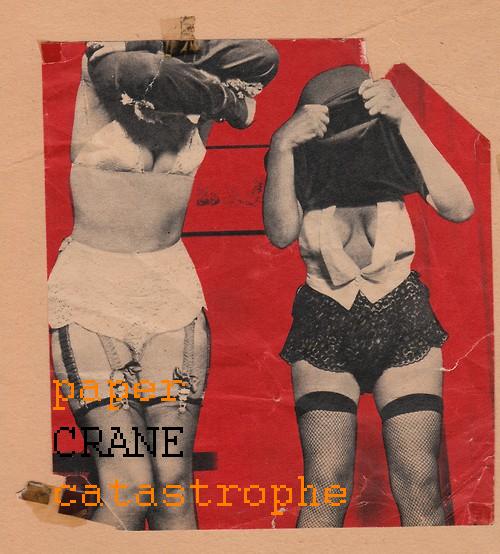If not, I’ll condense it for you: Salman Rushdie published a book that angered a far-away man and many adherents of a not-at-all-far-away religion. Then, in an utterly ridiculous twist best contained within the bounds of awful fiction, a bounty was placed on his life.
Now I don’t want to quibble about his suspect innocence here – although personally, I think he could have been a wee bit more sensitive – but you have to feel for the man: the state stepped in to keep him under armed guard, sleeping in a different hotel every night, staying away from the windows lest someone catch a glimpse of his infamous head. People in the publishing industry were stabbed, shot, killed in the name of a novel. Imagine the weight on his shoulders, darling!
Now the salt in the wounds of the offended, dearest, was that before he defected to England, Rushdie grew up in India, immersed in the very culture that he criticised in his book. What was he thinking? they cried, and, how dare he?! and, he should have known better! And as if that weren’t enough, people in his adopted country started griping about the cost of his protection. Turn him loose! they cried, and, let him fend for himself instead of wasting taxpayer’s money on his room service (he wasn’t, incidentally. Being a famous author has some financial perks). Now, it probably didn’t help that in said novel he’d referred to their – his – prime minister as “Ms Torture” and described a nightclub where her lifesize waxen counterpart was ritualistically nuked – amongst certain other unfavourable comments upon the English. Nevertheless, darling, the poor man was caught in quite a remarkable bind unique to the emigrant: first you get criticised for turning your back on your birthplace, then you get eaten up for daring to make insinuations about the culture that has so graciously accepted you as one of its constituent citizens.
It makes me sick, Valerie! The very concept of emigration is predicated on a myth: the myth of nationhood. Firstly, we don’t get to choose where we’re born. Secondly, we have never met about 22 million of the people we share our vast continent with, and we never will. Yet this myth is perpetuated to make us think we have something in common with every one of those 22 million others (except the paedophiles. And the rapists. And the serial killers, street artists, crack addicts, shoplifters, armed robbers, gang bashers, gang bangers, child pornographers, photographers of naked children, and Collingwood supporters). The myth says: this is what Australians value! You live in Australia! Therefore, this is what you and everyone you know values!
Do you know, I used to think I was immune to that myth? I refused to attend Australia Day celebrations, I scoffed at overt displays of patriotism, I even donned a jersey with the stars and stripes when everyone else was wearing green and gold for some sports-related hoo-ha. Then I went overseas. It is interesting how subtly nationhood insinuates itself. The only times I’ve ever felt Australian, dear, were when I wasn’t in Australia. People say, Oh look! An Australian! and, Say something in your accent! and, We bought kangaroo steak because we thought you might be homesick! And it’s all fun and games laughing at people’s stereotypes of us until someone says something critical. All of a sudden you become staunchly loyal. It’s like the bathmat wars of 2000, dearest. Have I told you about them? It happened like this: my mother was away and a relative stayed over to keep me company. Now, I am a solemn believer in leaving the bathmat on the floor after use. It is, after all, a mat. She, however, preferred to drape the bathmat over the towel rail. I was, at the time, very defensive of my household systems. On finding the bathmat on the towel rail, I would immediately lay it flat on the floor. On using the bathroom after me, she would immediately pick it up and pop it back on the rail. This continued for some time. And don’t think it was a twice-daily occurrence, dear. That mat would have shifted fifty times a day. It was a case of all-out passive-aggressive bathroom warfare that only ended with her visit.
What did I learn from that little episode? Simply that we are outrageously defensive of our own little systems and outrageously incapable of weighing two methods impartially if one of them is our own. Now, if I had decided to hang the bathmat on the towel rail, I could have left it there all day. I read a little editorial the other day by a man who had just returned from England, where ATM withdrawals are free. He complained about his accumulating $2 fees to a friend, and do you know what his friend did, Valerie? He defended those pesky little fees, just because the alternative was to acknowledge the English way over the Australian.
See? This is what we need writers for, Valerie: the dissemination of perspective. A reprieve from the political, national-mythical biases of the popular media. And we need to give the poor writers a break. Calling them ingrates for critiquing their culture, or their adopted culture, or somebody else’s culture – so long as they do it with balance and sensitivity – is just one step away from censorship and propagandism.
Yours from a very high horse indeed,


No comments:
Post a Comment